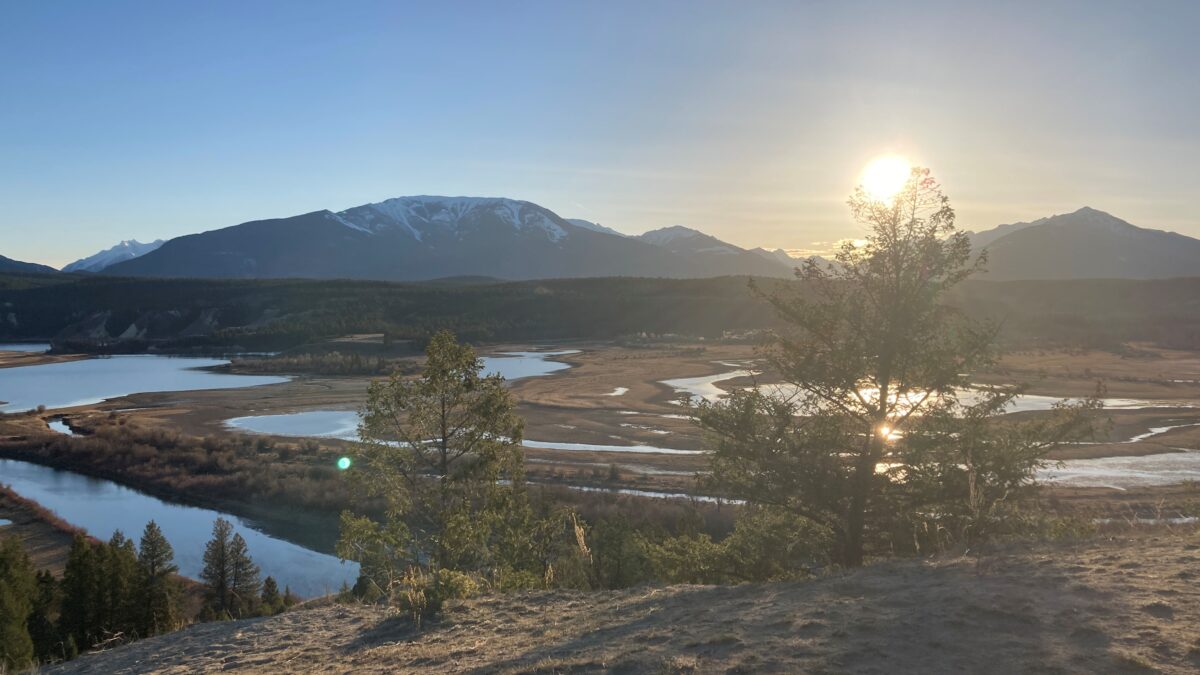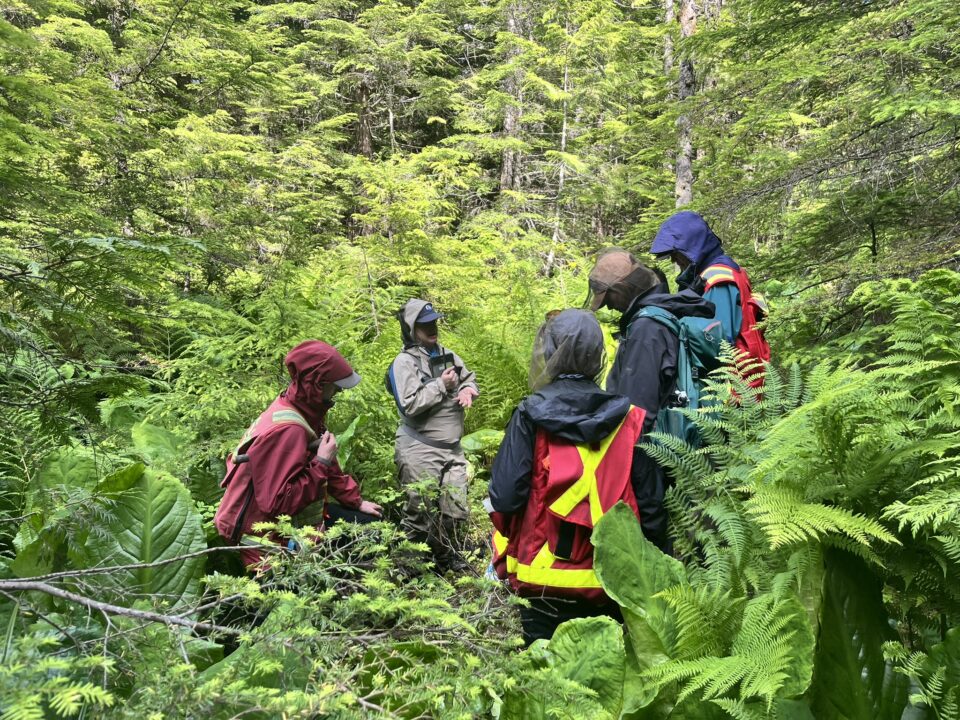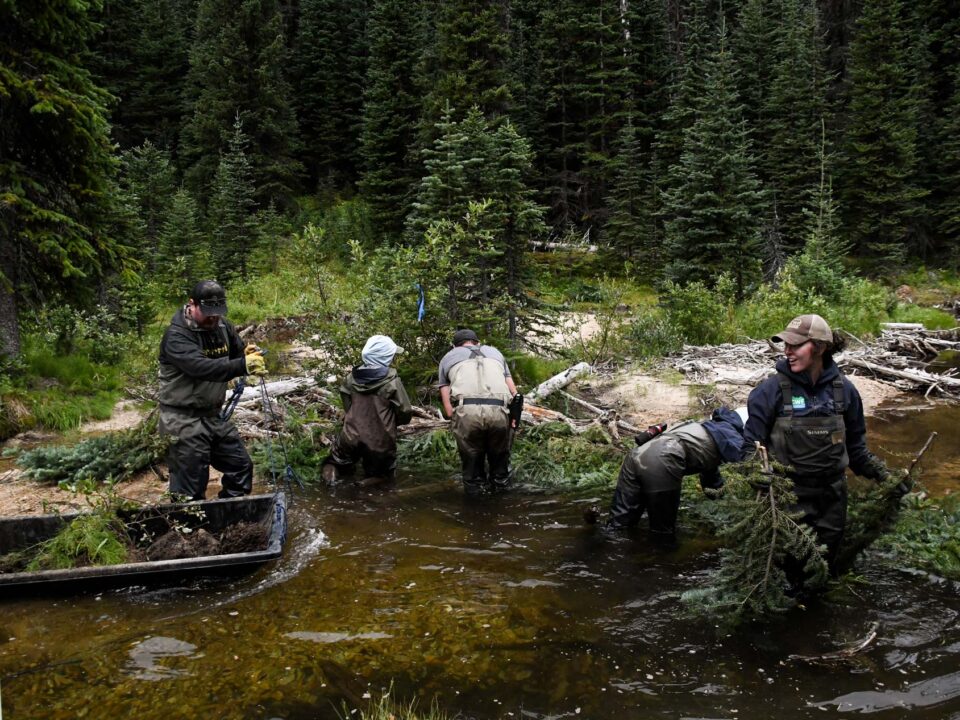
Opinion: Creating safe, resilient communities in a climate-changed B.C. requires healthy watersheds
March 19, 2024MEDIA RELEASE
February 22, 2024
Victoria, B.C. Lekwungen Territory – With record low snowpack and a potentially devastating and costly summer drought approaching, BC Budget 2024 falls short of the province-wide, proactive investment we need to prepare British Columbians for increasingly severe droughts, floods and wildfires.
“BC’s new climate reality is either too little water when we need it or too much water when we don’t,” said Coree Tull, co-chair of the BC Watershed Security Coalition. “While it is not too late to get ahead of climate-fueled water disasters, Budget 2024 fails to allocate the proactive, province-wide funds needed to keep communities safe in the face of this cycle of water crises.”
The BC Watershed Security Coalition has called for long-term sustainable investments of at least $100 million annually to build BC’s watershed security. In 2023, the province kickstarted the BC Watershed Security Fund. However, this Fund only provides an estimated $5 million per year for the entire province; a drop in the bucket compared to what is needed.
There is some good news in the budget with some region-specific investments for important drought infrastructure and mitigation projects like the $14 million to replace the 50-year-old Cowichan Weir and the $83 million investment for the Agriculture Water Infrastructure Program.
But beyond emergency response, clearly missing are funds required to advance a robust and proactive water management system that British Columbians were promised well over a decade ago.
Missing in Budget 2024:
| Actions for Building Watershed Security | Budget 2024 Allocation |
| Additional long-term investment in the BC Watershed Security Fund | $0 |
| Funds to scale up Local Watershed Boards and water sustainability plans | $0 |
| Funds to improve water monitoring and state of watershed assessments | $0 |
| Increase to water rental fees for large industrial water users | None |
| Funds to rebuild natural infrastructure in our watersheds | Unclear |
| Ministry capacity to implement and enforce water management tools | Insufficient |
Quotes:
“The climate crisis is a water crisis. Investments in Budget 2024 for specific drought mitigation measures, like the investments in the Cowichan Weir and Agriculture Water Infrastructure, are necessary but not sufficient for the scale of watershed security work needed across BC. Where is the funding to create local watershed boards, to rebuild our degraded watersheds, and to assess and monitor the state of our rivers, lakes and aquifers? Without a serious plan with the necessary resources to build watershed security, BC will face increasing social conflict, economic impacts, and community crises.”
Coree Tull, Co-Chair, BC Watershed Security Coalition:
“Watershed security is the cornerstone for ensuring food security, effective wildfire suppression, and the health of our life-supporting ecosystems. This year’s drought is expected to worsen and will have detrimental impacts on all of these things. We are decades behind in terms of progressive and adaptive water management across B.C., and because of this, we find ourselves trapped in a costly, reactionary cycle. Budget 2024 fails to allocate the funds required to monitor, assess and adaptively manage our watersheds at the community level.”
Kat Hartwig, Executive Director of Living Lakes Canada, a member organization of the BC Watershed Security Coalition:
“As a rancher, I am pleased to see the $83-million investment for the Agriculture Water Infrastructure Program. We need to see these funds used wisely and strategically through a broader watershed security approach. Smart investments in nature-based storage such as wetlands, beaver-dam analogues, and streambank restoration offer tremendous co-benefits for flood protection, drought mitigation, food production and sustaining flows for fish. These projects can be great for farmers, and if targeted correctly, they can also support First Nations priorities and wider community benefits.”
Dave Zehnder, Zehnder Ranch and Watershed Security Coalition Steering Member:
“While immediate investments in water storage are welcome and applauded, a clear long-term strategy is needed to keep more water on the landscape and build additional storage capacity moving forward. Investments in watershed restoration and enhancement are one of the most important things we can do to boost natural water storage. Ducks Unlimited looks forward to more details from the government on how we can work with all partners on watershed security initiatives in a way that fully leverages the passion, expertise and resources across society.”
Andrea Barnett, Manager of Government Relations, Ducks Unlimited Canada
For more information, contact:
Coree Tull, Co-chair of the Watershed Security Coalition
Email: [email protected] Cell:778-846-950
Dave Zehnder, owns Zehnder Ranch with his family, Invermere
Email: [email protected] Cell: 250-342-0325
Nicole Trigg, Communications Director, Living Lakes Canada
Email: [email protected]
Andrea Barnett, Manager of Government Relations, Ducks Unlimited Canada
Cell: 250-320-5388




